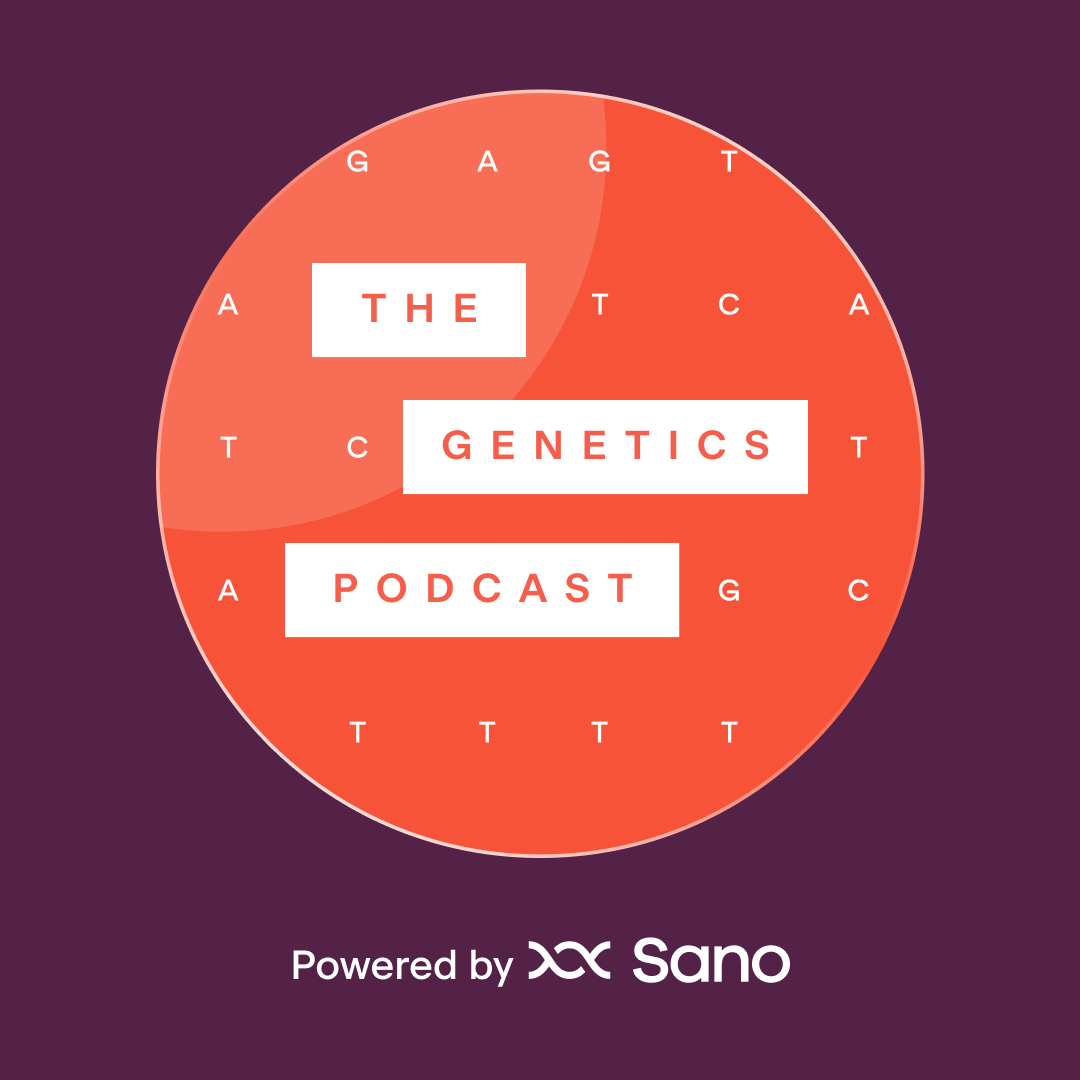EP 119: Revolutionising drug discovery: how the Pharma Proteomics Project is combining genetic and proteomic data with Chris Whelan
January 25, 2024

This week we’re joined by the Director of the Neuroscience Data Science: Discovery & Molecular Group at Johnson and Johnson, and Chair of the UKBiobank Pharma Proteomics Project (UKB-PPP), Chris Whelan. Chris helps lead the UKB-PPP, a project which aims to revolutionise biomarker discovery through tying together genetic and proteomic data and which has so far gathered more than 50k biological samples.
Tune in as Patrick and he discuss how proteomics could change the future of drug discovery in neurology and beyond.
0:00 Introduction
01:00 Chris’ background and career to date
02:10 What is the Enigma Project?
02:10 What is the Enigma Project?
04:48 How is genetics being applied to drug discovery today and how does proteomics fit in?
09:23 When the UKBiobank Pharma Proteomics Project began and how long it took to set up
10:57 54k UK Biobank participants tested - discussion of findings
14:33 The project has carried out GWAS on nearly 3k proteins
15:18 Are there plans to scale the project and what do the team hope to discover through larger scale work?
18:10 Which areas of biology has the project provided a good insight into and which have proved more challenging
19:30 Are there projects of a similar scale where it would be possible to focus more on neuroscience?
21:31 Is reaching numbers akin to 100 million whole genomes required to fully leverage genetic data in drug discovery?
25:00 Causal or correlated? Medelian randomisation as an important tool for drawing the link from gene to protein and identifying relevant phenotypes
27:12 The causal proteins for the majority of neurological diseases are not differentially or cross sectionally changed
28:50 The future prospects of serial sampling and what is the potential value vs logistical burden
31:05 Imaging derived phenotypes: Integration of brain scan data with genetics
32:32 How well can brain organoids or other kinds of cellular systems match what’s going on in the actual brain?
35:30 The most exciting developments in the field we might see in the next couple of years
37:45 Closing remarks
Please consider rating and reviewing us on your chosen podcast listening platform!